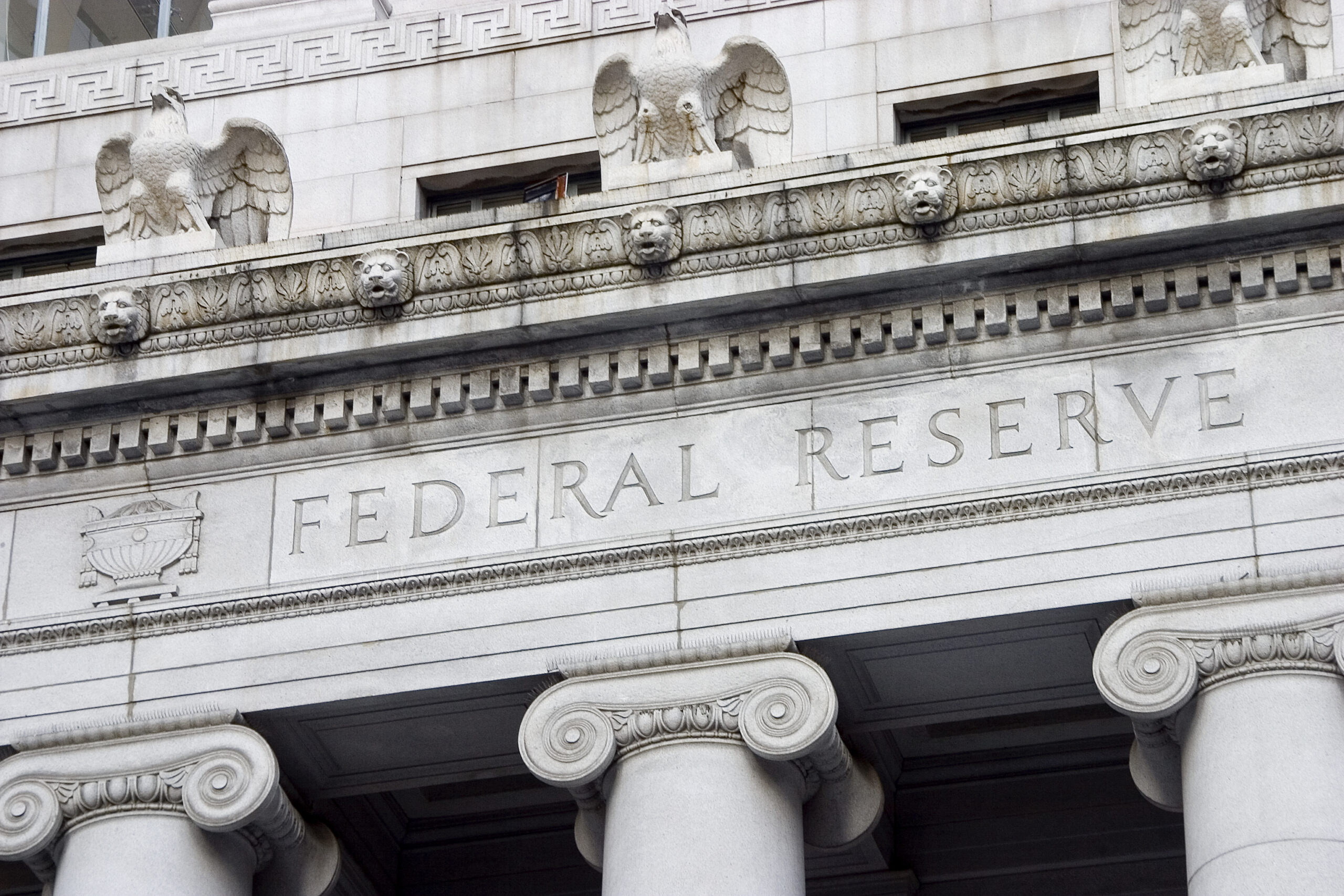You never know where you’ll hear a new vocabulary word.
It’s not the word that matters but what it connotes. And the context in which one hears it. In this case, it was hedge-fund billionaire Paul Tudor Jones on CNBC Squawk Box yesterday, talking about stocks and bonds.
He said you don’t want to own them. He said, paraphrasing, there’s hysteresis at work in markets.
Now, I think I’ve got a decent vocabulary. I read Allan Bloom’s “The Closing of the American Mind” in college and recorded roughly 32% of its entire contents as words I didn’t know. Like palimpsest.
And I didn’t know hysteresis. It’s the delayed effect of causes. The relationship between an outcome and the history preceding it.

Illustration 27944908 © Mopic | Dreamstime.com
I guess it’s good news he didn’t say “there are no words to describe how bad things are in markets.” Warren Buffett, speaking this past weekend to the Berkshire masses gathered in Omaha, called financial markets “a gambling parlor.”
By the way, did you know Berkshire Hathaway holds no earnings call? They just put out a Saturday press release. Hm, one wonders if we’re all confusing busy with productive.
Anyway, Mr. Buffett said he finds the amount of speculative betting “obscene.”
I’m reminded of a vignette from David Mamet’s book, Recessional. He’s in New York and observing street experts working suckers with Three Card Monte.
You know it? Somebody turns three cards up and says follow the queen, or whatever. Then he turns them over and shuffles them.
Mamet says Three Card Monte is not a game of chance. Not a game of skill. It’s not a game.
And that’s the stock market. It is not a game for those setting most prices. I told traders using our quant decision-support platform that all the middlemen, the toll-takers like money managers, ETF sponsors, market-makers, brokers, exchanges, make money while investors and traders struggle. Look at Citadel’s great April.
For intermediaries, it’s a job, and the rules and processes are well-known to them. The purpose of the stock market is to facilitate a continuous auction of everything in tiny bits. So the SEC has decreed.
That is, there must always be prices for all stocks, even if the prices are wholly disconnected from supply/demand reality.
Public companies, consider the chasm between Mr. Buffett’s statement and what you want. You’re after shareholder value, not stimulating the “gambling parlor.”
What are you going to do to sort the one from the other? You can’t do it with “settlement data.”
Bill Gurley, guru of venture capital in Silicon Valley at Benchmark Capital tweeted that earnings multiples have always been a “hack proxy.” He said there’s a lot of what he called “unlearning” coming to the multitude too young to know a bear market.
I know looking at the numbers coming out of Robinhood and other parts of the market that retail traders have taken a drubbing by not understanding what’s happening.
The stock market functions exactly as its rules specify. It’s the system. The word “hysteresis” says the system reflects the state of its history.
And the history of the market, as with money, credit, labor, is about increasingly pervasive government control. Which means market forces lose control.
Bonds and equities are for the first time in decades falling at the same time. The dollar is at levels one finds during crises when money rushes to it for capital-preservation. The economy doddered into a GDP decline last quarter.
We may be in a financial crisis already. We don’t see it because the credit-overextension causing it isn’t emanating from some part of the economy but from the government itself.
What about jobs, openings, strong consumer credit and balance sheets? They’re part of hysteresis, the milieu resulting from what came before it. They reflect what was stimulated into existence, not what can survive without stimulation.
I’m not saying everything is about to fall apart. The stock market could go on a tear again, although supply/demand trends need big change to make that hold.
Rather, I think the trouble is all the effort to manage outcomes. A handful of members of government, and central bankers and regulators are trying to run everything. The few are not smarter than the many. Hysteresis for any cultural experiment shows it.
Stenosis is a word describing the consequences of narrowing neural passages. Stentorian means loud, thundering.
I think hysteresis in our financial markets is breeding economic stenosis that will lead to stentorian tumult. We best get prepared (we have the navigational data).





